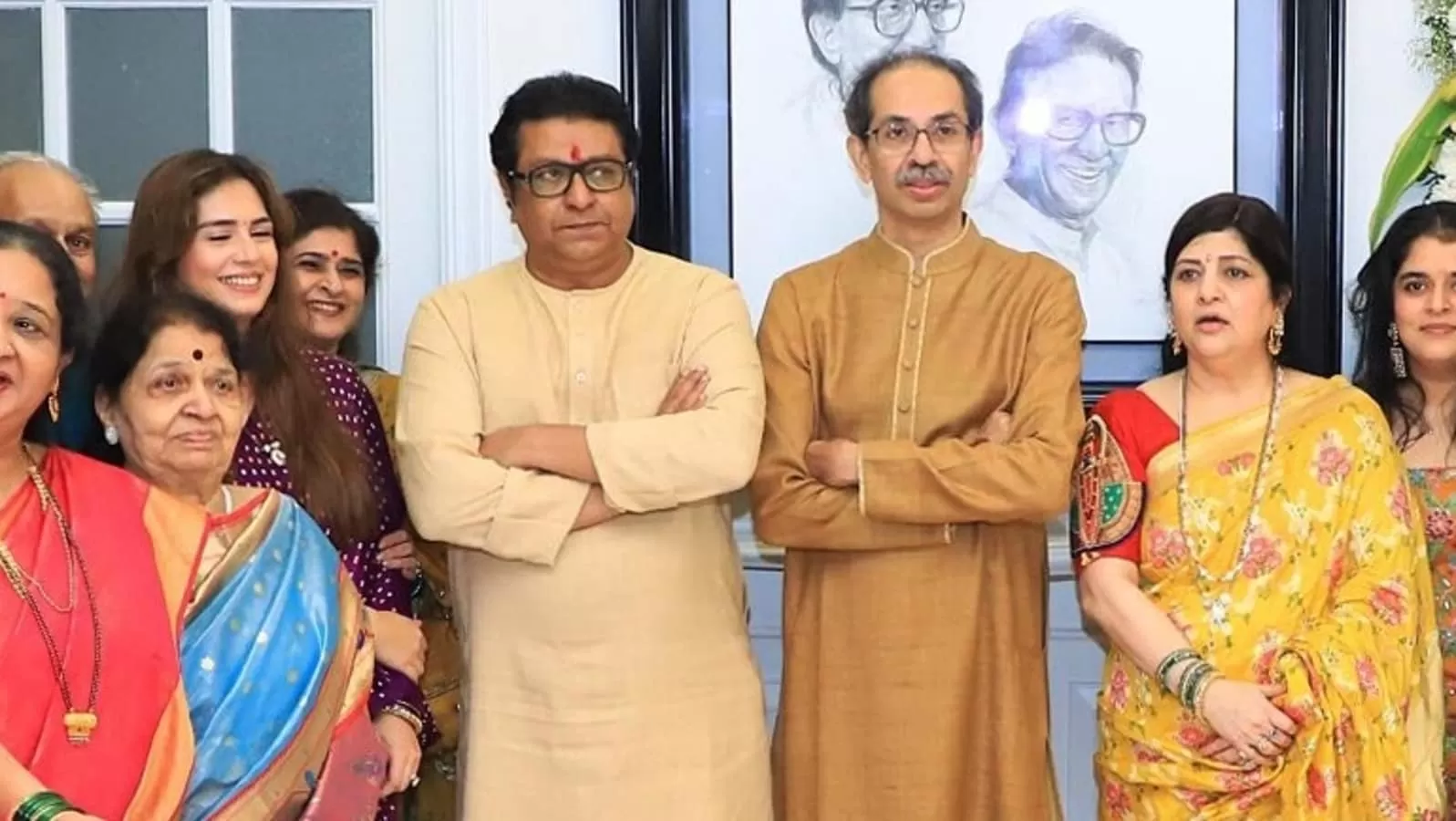Unmasking the Truth: Why Vaccines Are a Cornerstone of Public Health
Share- Nishadil
- September 07, 2025
- 0 Comments
- 4 minutes read
- 48 Views

The Science is Clear: Infectious Disease Expert Dr. Simone Wildes Affirms Vaccine Safety Amidst Scrutiny
Dr. Simone Wildes, a leading infectious disease expert, explains the rigorous safety protocols behind vaccines and addresses common misconceptions, affirming their vital role in protecting individual and public health.
In a world buzzing with information, it's easy for crucial facts to get lost in the noise, especially when it comes to something as vital as public health. Few topics spark as much debate and concern as vaccines. Are they truly safe? Do they really work? To cut through the confusion, we turned to a leading authority: Dr.
Simone Wildes, an infectious disease specialist at South Shore Health. Her insights offer a beacon of clarity, reaffirming the scientific consensus on vaccine safety and efficacy.
Dr. Wildes doesn't mince words: "Vaccines are very safe." This isn't just an opinion; it's a conclusion drawn from decades of rigorous scientific inquiry.
She explains that every single vaccine undergoes an exhaustive journey before it ever reaches the public. This journey begins with extensive clinical trials, involving thousands of individuals, to meticulously assess both safety and effectiveness. Imagine the countless hours, the meticulous data collection, and the dedicated experts scrutinizing every detail to ensure that what we put into our bodies is not just beneficial, but harmless.
But the scrutiny doesn't end there.
Once a vaccine is approved and rolled out, the oversight continues ceaselessly. Both the Centers for Disease Control and Prevention (CDC) and the Food and Drug Administration (FDA) maintain vigilant surveillance, continuously monitoring for any adverse reactions or unforeseen side effects. This robust, multi-layered system of checks and balances ensures that any potential issues are identified and addressed swiftly.
It's a testament to the commitment of public health bodies to prioritize the well-being of every citizen.
One of the most persistent myths surrounding vaccines is the unfounded link to autism. Dr. Wildes directly addresses this, pointing to the infamous 1998 study by Andrew Wakefield, which erroneously claimed such a connection.
This study, she emphasizes, was not only discredited but also retracted due to fraudulent data. "There's absolutely no connection," she states firmly, highlighting the overwhelming body of scientific research that has consistently debunked this dangerous falsehood. Trusting in sound scientific evidence, rather than sensationalized claims, is paramount when making health decisions.
The historical context of vaccines paints an even more compelling picture.
Dr. Wildes reminds us of the devastating impact of diseases that once terrorized humanity: polio, measles, mumps, rubella. These weren't just inconvenient illnesses; they were life-altering, often fatal threats that left a trail of suffering and disability. Polio, for instance, crippled countless children, leaving them dependent on iron lungs.
Measles, far from a benign childhood rash, could lead to blindness, brain damage, or even death. Rubella during pregnancy could cause severe birth defects. Thanks to vaccines, these terrifying scourges are now largely relegated to history books in many parts of the world.
The power of vaccines extends beyond individual protection.
It's about collective well-being – a concept known as herd immunity. When a significant portion of the population is vaccinated, it creates a protective barrier, making it difficult for infectious diseases to spread. This shield safeguards not only those who are vaccinated but also vulnerable individuals who cannot be immunized, such as infants, the elderly, and those with compromised immune systems.
It's a collective act of kindness, a shared responsibility that underpins a healthy society.
In a landscape increasingly cluttered with misinformation, Dr. Wildes' message is clear and critical: "You should trust your physicians, you should trust the science." Vaccines are not just a medical intervention; they are a cornerstone of modern public health, a testament to scientific ingenuity, and a vital tool in our ongoing fight against infectious diseases.
By understanding the rigorous science behind them, we can confidently embrace their protective power, ensuring a healthier future for ourselves and generations to come.
.- Health
- UnitedStatesOfAmerica
- News
- HealthNews
- Cdc
- InfectiousDiseases
- PublicHealth
- Covid
- Rsv
- Doctor
- Fda
- Flu
- Vaccines
- Vaccine
- ClinicalTrials
- InfectiousDisease
- VaccineSafety
- VaccineMyths
- Immunization
- HerdImmunity
- People
- Time
- Wcvb
- BrighamAndWomenSHospital
- SaturdayMorning
- YoungChild
- HealthAdvice
- DrSimoneWildes
- InfectiousDiseaseExpert
- DrDanielKuritzkes
- AbundantInformation
- PeakFluSeason
Disclaimer: This article was generated in part using artificial intelligence and may contain errors or omissions. The content is provided for informational purposes only and does not constitute professional advice. We makes no representations or warranties regarding its accuracy, completeness, or reliability. Readers are advised to verify the information independently before relying on







